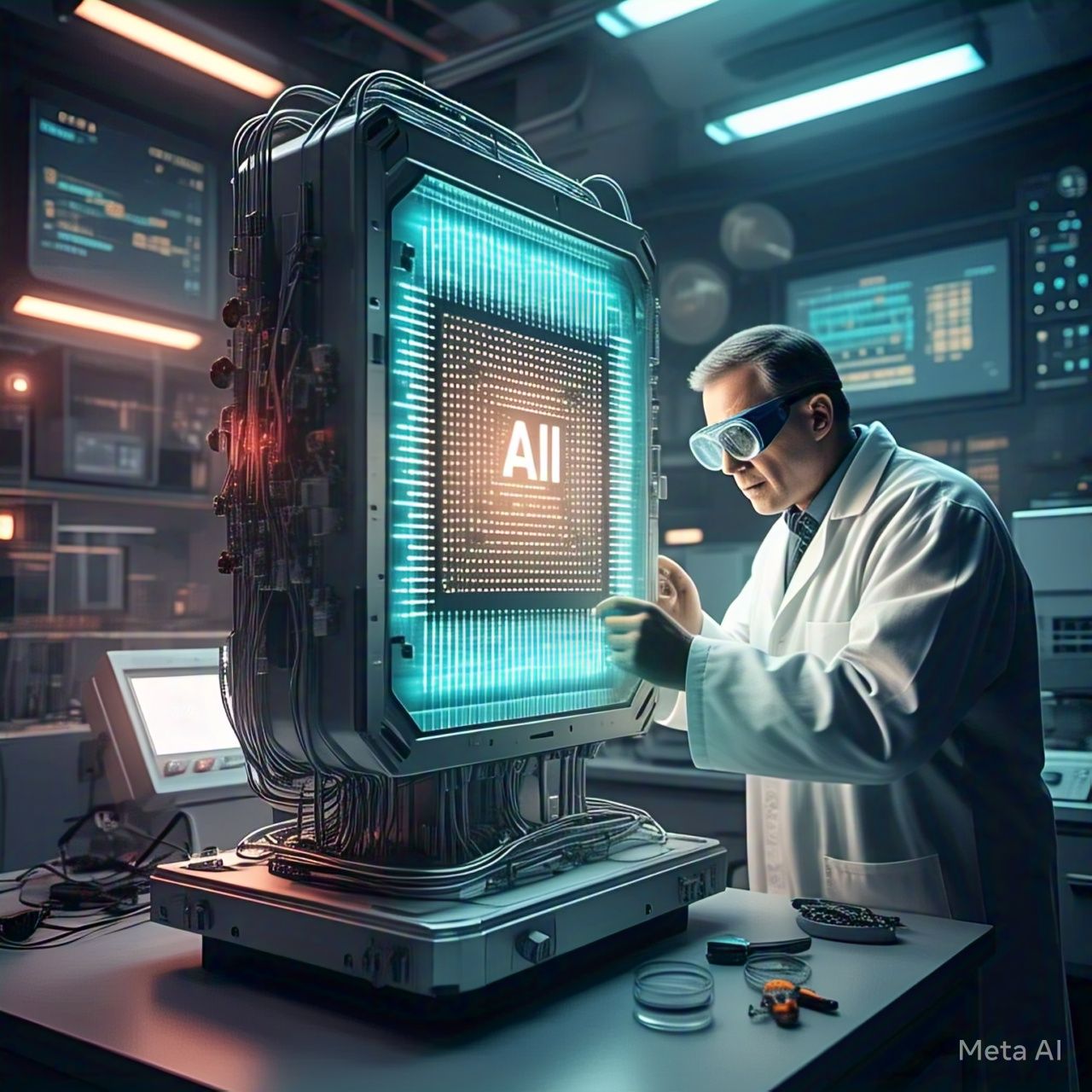Artificial Intelligence (AI) is transforming education, making learning more personalized, efficient, and accessible. From adaptive learning platforms to AI-powered tutors, technology is revolutionizing how students interact with educational content. This article explores the impact of AI on education, the benefits of personalized learning, and the role of smart tutors in shaping the future of learning.
1. The Rise of AI in Education
AI is being integrated into education in various ways, including:
- Adaptive Learning Platforms: AI-driven systems analyze student performance and tailor lessons to individual needs.
- Smart Tutors: Virtual assistants provide real-time support and guidance to learners.
- Automated Grading and Feedback: AI speeds up grading processes and offers personalized feedback to students.
- AI-Powered Content Creation: Teachers can use AI to generate quizzes, summaries, and lesson plans.
2. Personalized Learning: A Tailored Educational Experience
How AI Enables Personalized Learning
Personalized learning adapts educational content to suit a student’s learning style, pace, and strengths. AI facilitates this by:
- Analyzing student interactions and progress to adjust difficulty levels.
- Recommending customized learning materials.
- Identifying areas where students need additional support.
Benefits of Personalized Learning
- Improved Engagement: AI-driven lessons keep students interested by catering to their unique learning needs.
- Better Retention: Tailored content helps students grasp concepts more effectively.
- Flexibility: Students can learn at their own pace, reducing frustration and boosting confidence.
3. Smart Tutors: The Future of AI-Assisted Education
What Are Smart Tutors?
Smart tutors are AI-powered virtual assistants that provide interactive learning support. Examples include:
- Chatbots and Virtual Tutors: AI-powered assistants answer student queries and explain concepts in real time.
- Speech Recognition AI: Helps with language learning by providing pronunciation and grammar feedback.
- AI-Driven Homework Assistance: Platforms like Socratic and Photomath assist students in solving complex problems.
Advantages of Smart Tutors
- 24/7 Availability: Students can access learning support anytime.
- Instant Feedback: AI tutors provide immediate explanations and corrections.
- Cost-Effective: AI-powered tutoring can be more affordable than human tutors.
4. Challenges and Considerations
While AI in education presents many opportunities, it also poses challenges:
- Data Privacy and Security: Protecting student information is crucial.
- Teacher Involvement: AI should complement, not replace, human educators.
- Equity in Access: Ensuring AI-powered education is accessible to all students is essential.
5. The Future of AI in Education
As AI continues to advance, we can expect:
- More sophisticated AI tutors capable of handling complex student inquiries.
- Enhanced virtual and augmented reality experiences in learning.
- AI-driven career guidance tools that help students choose academic and professional paths.
Conclusion
AI is reshaping education by offering personalized learning experiences and intelligent tutoring solutions. While challenges exist, the benefits of AI-driven education are undeniable. As technology continues to evolve, AI will play an increasingly vital role in making learning more engaging, efficient, and accessible for students worldwide.





